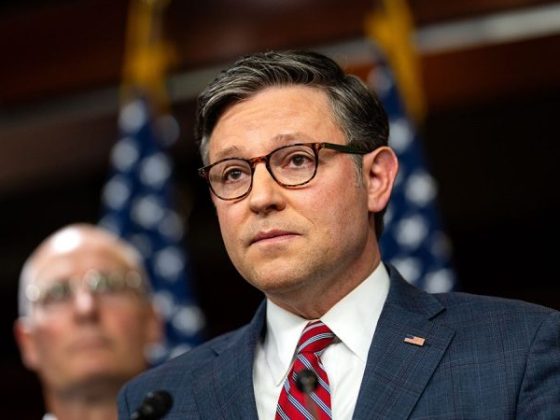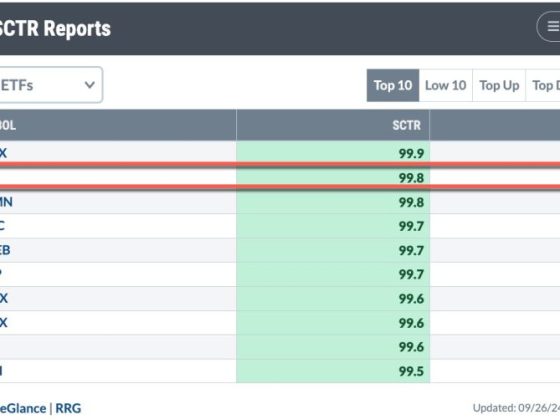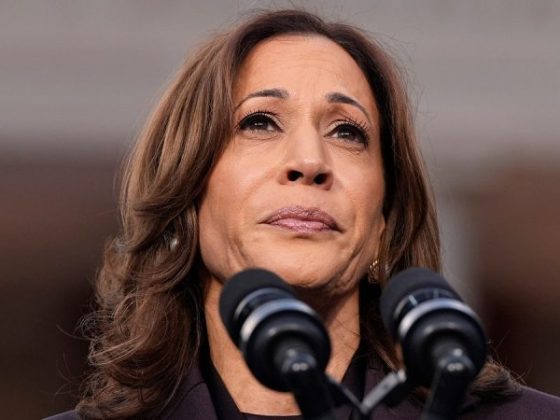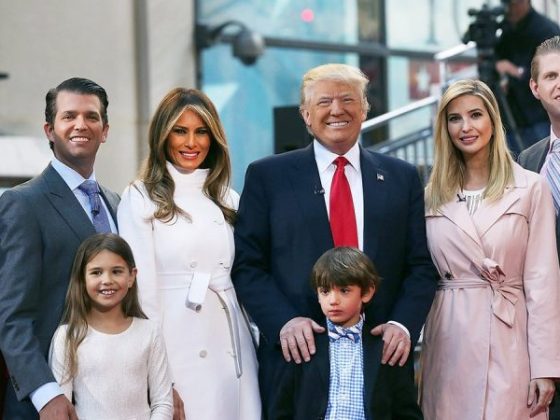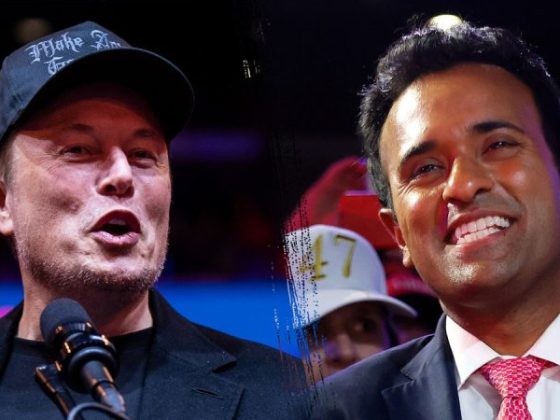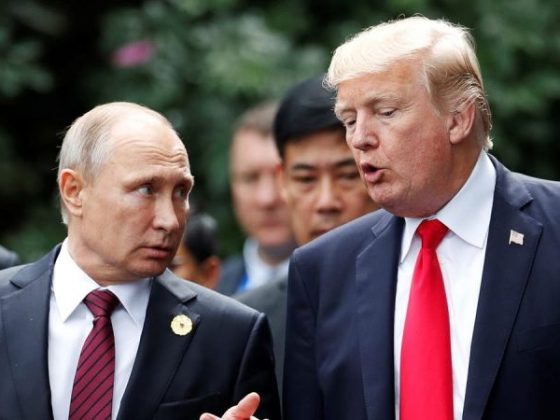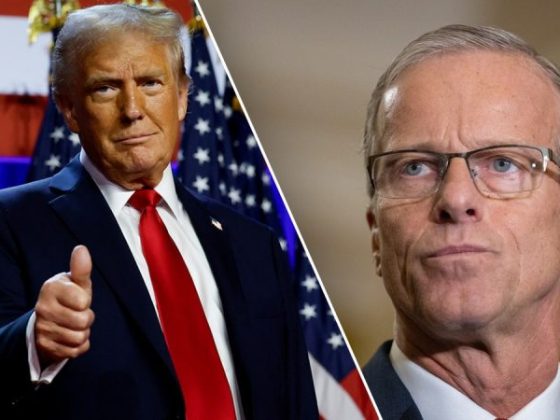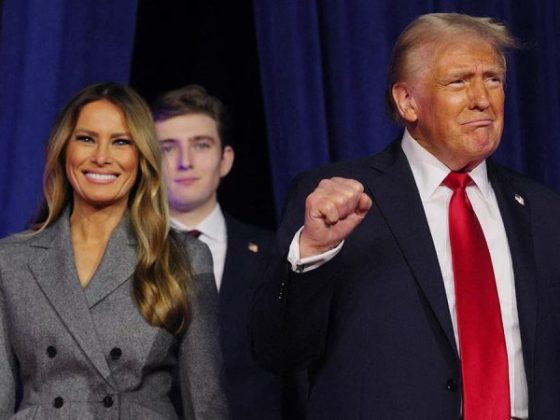In a contrast with the majority of states in the United States, Minnesota Governor Tim Walz has refrained from implementing a ban on the use of the popular short-video social media platform TikTok on government devices. Despite over 75% of other states in the union placing restrictions on the platform due to security concerns, the Governor remains firm in his decision. Let’s delve into why Governor Walz’s approach is an outlier in a country focused on digital security.
Sidestepping the National Trend
The national trend towards banning TikTok from government devices is primarily driven by concerns about data privacy and national security. These worries are rooted in the fact that the social media platform is owned by ByteDance, a Chinese company. Consequently, detractors argue that it ostensibly creates potential access for the Chinese government into the digital discourse of U.S. governmental entities.
Governor Walz, however, has remained steadfastly resolute in his stance. He appears to buck the national trend, upholding the rights of individuals to use the platform on governmental devices. This approach reveals a different perspective on the subject that seeks to balance national security interests with individual liberties. It also potentially reflects a greater confidence in the platform’s commitment to user privacy.
Evaluator of Worth and Merit
Governor Walz’s decision is underpinned by an implicit assertion that each platform or application should be evaluated for its merit. By refusing to join the majority of states in issuing a wholesale ban on TikTok, he suggests that not all foreign-owned applications should be automatic objects of suspicion. Walz could be asserting that screenings should be more nuanced, possibly involving careful examination of applications on their merit, utility, and proven risk instead of blanket country-of-origin-based suspicion.
Expecting More from a TikTok Ban
Another pivotal point supporting Walz’s stance could be the belief that a TikTok ban may not entirely resolve the potential security issue at hand. Even a complete ban may not eliminate security risks. Threats can persist in different forms and through various platforms. The governor’s approach seems to propose a more comprehensive approach to digital security, requiring robust cybersecurity measures instead of mere bans on specific applications.
Walz’s Approach amidst Criticism
Inevitably, Walz’s stand on the TikTok issue has not gone uncriticized. Many cite concerns for national security due to TikTok’s ownership and its potential ties with the Chinese government. But the Governor’s decision also finds support among those who believe in striking a balance between security and liberty, and among those who advocate a more measured approach to security issues, insisting on comprehensive solutions instead of piecemeal bans.
While Governor Walz’s stance regarding the non-implementation of a TikTok ban appears to be in the minority, it is a noteworthy divergence. It challenges the dominant narrative and signals the necessity for a more nuanced dialogue on managing digital security in the United States. Thus, the stance advocates for more thorough discussions, better-informed decisions, and more comprehensive security strategies. In a rapidly digitalizing world, it also calls for a rethinking of how security concerns, individual liberties, and digital globalization intersect.


